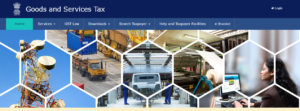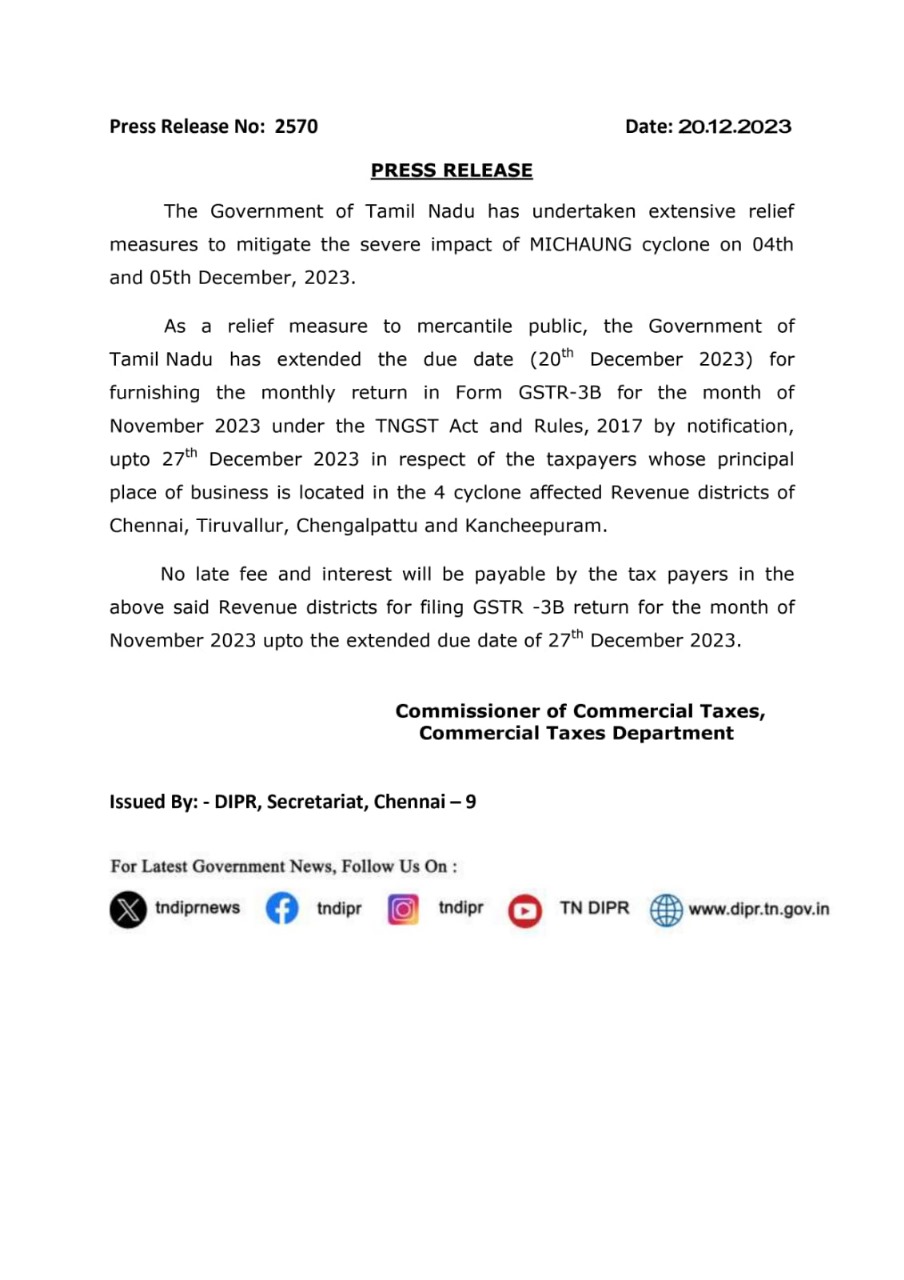
Through an advisory issued on September 3, 2024, the IMS is set to go live for taxpayers starting October 1, 2024, marking a significant milestone in the evolution of GST compliance procedures.
Key Features of the GST Invoice Management System (IMS)
The GST Invoice Management System (IMS) offers businesses a streamlined approach to managing their GST invoices, particularly in cases where discrepancies or amendments are necessary.
According to the GSTN advisory, “To enable taxpayers to efficiently address invoice corrections/amendments with their suppliers through the portal, a new communication process called the Invoice Management System (IMS) is being brought up at the GST portal.”
This system is designed to help businesses reconcile their GST records with those issued by their suppliers, ensuring ITC claims are compliant and accurate.
One of the standout features of IMS is that it allows taxpayers to accept, reject, or keep invoices pending before including them in their GST ITC claims.
This ensures that businesses can review the accuracy of each GST invoice and avoid potential issues during audits. The flexibility offered by the system allows businesses to defer action on GST invoices and address them in future tax periods, if necessary.
Taxpayers can update their GST invoice records anytime before filing their GSTR-3B return, a critical component in the GST compliance process.
Impact of the GST Invoice Management System on the ITC Ecosystem
The IMS is expected to significantly enhance the efficiency of ITC claims under the GST regime by providing a more structured mechanism for matching invoices between recipients and suppliers.
Since mismatches in GST invoices have been a primary source of discrepancies in ITC claims, the new system is a welcome addition.
The GSTN has long sought to introduce this level of control to minimize incorrect or fraudulent ITC claims.
Under this system, only accepted GST invoices will form part of the taxpayer’s GSTR-2B, which is the auto-populated form used to claim ITC under the GST framework.
By ensuring that only verified invoices are included in this form, businesses can significantly reduce errors in their GST returns, thus reducing the risk of disputes or penalties during audits.
Moreover, the IMS integrates seamlessly with the Quarterly Return Monthly Payment (QRMP) scheme, which allows smaller taxpayers to file GST returns quarterly while making monthly GST payments. For those enrolled in the QRMP scheme, the IMS will generate GSTR-2B on a quarterly basis, making it easier to manage GST invoices and ITC claims. This feature is particularly beneficial for small and medium-sized enterprises (SMEs), which often struggle with the administrative burden of GST compliance.
“The IMS is expected to facilitate transparency between GST recipients and suppliers and streamline the reconciliation of ITC, which has been a challenging process since the introduction of GST.”
While the full benefits of the system will become evident after its implementation, the IMS is expected to address several long-standing issues in GST compliance.




